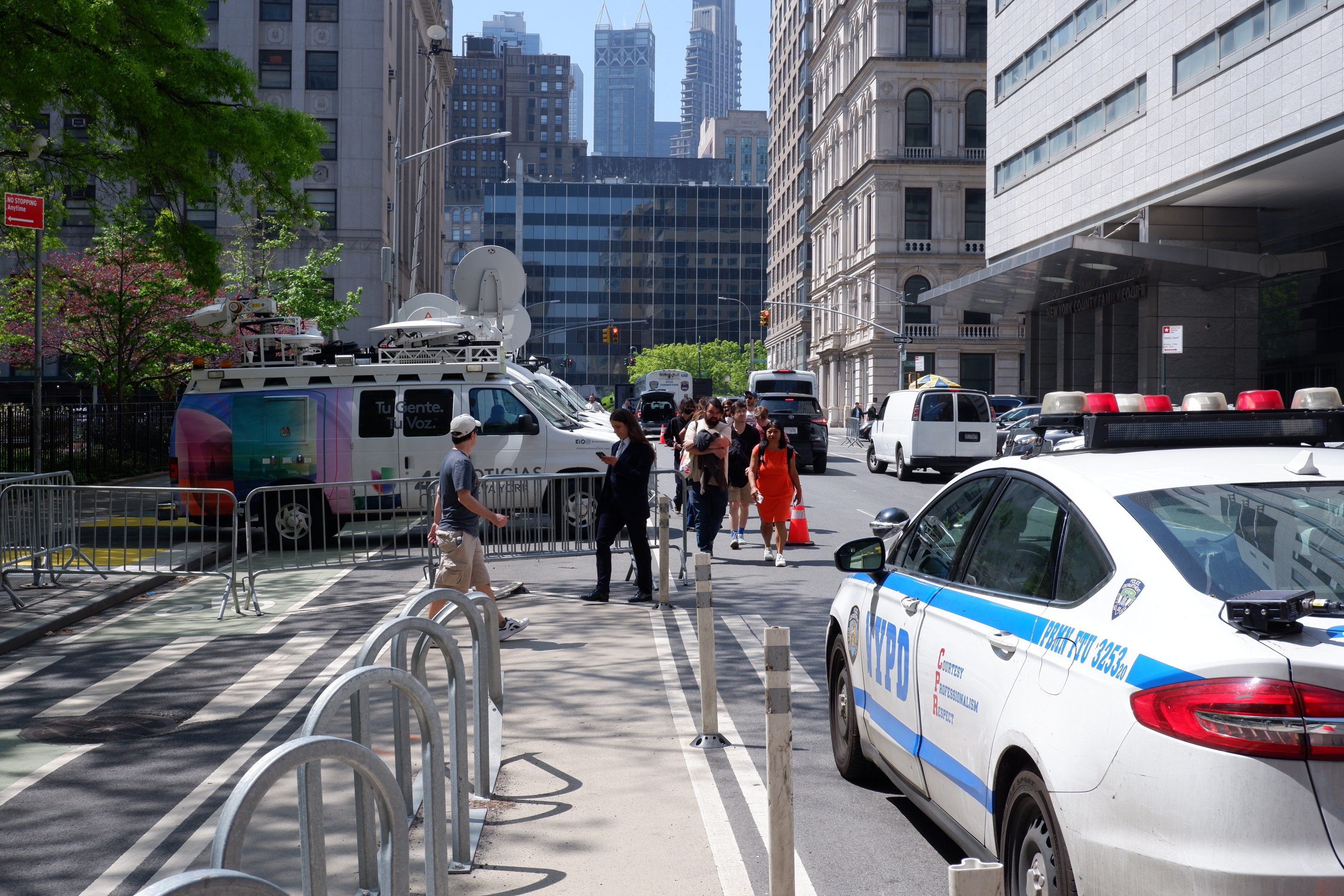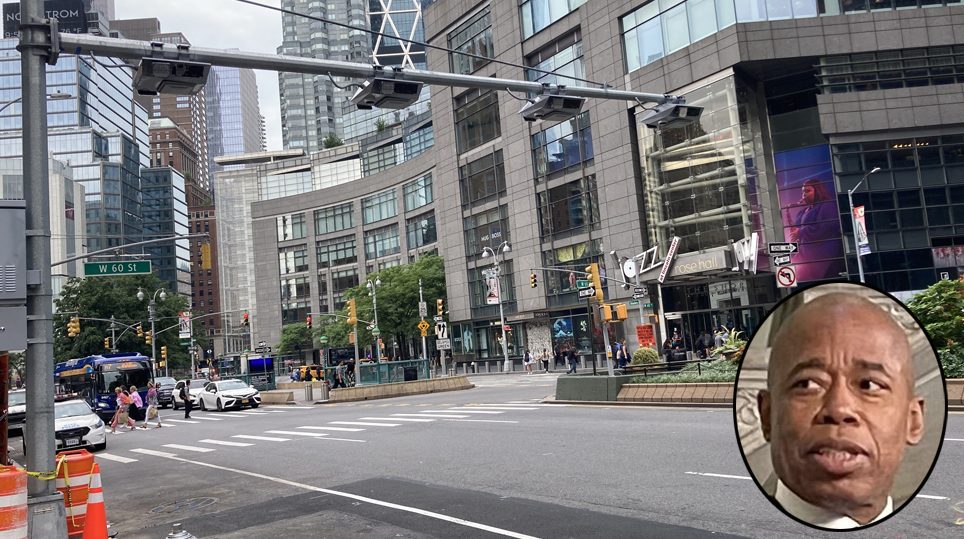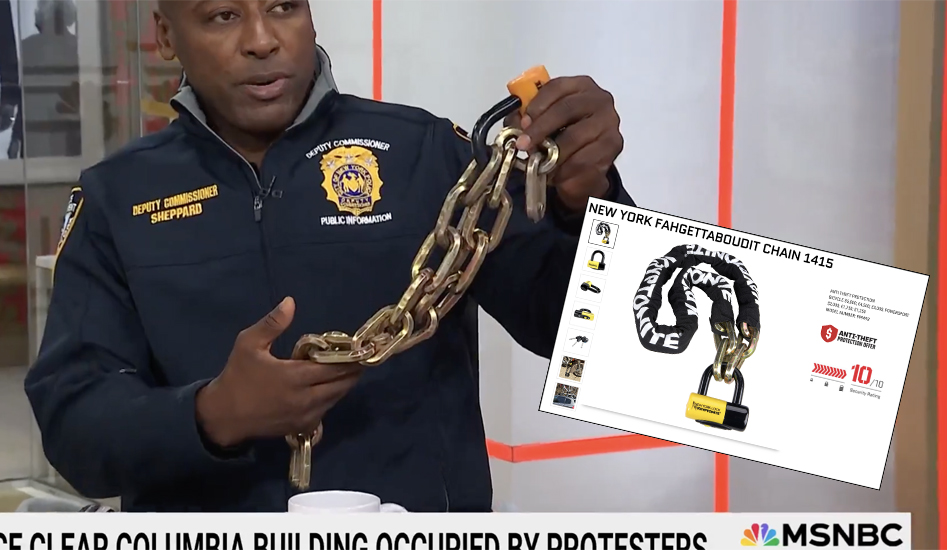The Fall 2007 issue of the NYU Rudin Center's New York Transportation Journal is out and for anyone looking to delve into some wonkish, big picture, regional transportation policy issues, it's worth a download.
This quarter's Journal has stories on the benefits of regular "programmed" fare increases, Seoul, South Korea's successful bus rapid transit system and the future of transportation in the northeast corridor. That last one is somewhat awesomely titled, "From Megalopolis to Megamodal" and includes some interesting charts comparing the CO2 intensity of different passenger and freight transportation modes, and U.S. petroleum use by sector. (Wasn't "Megamodal" the name of a big heavy metal band in the '80s?)
Also, U. Penn professor Rachel Weinberger, one of the authors of Mayor Bloomberg's PlaNYC, interviews MTA Chief Elliot "Lee" Sander, who worked as the Director of the Rudin Center before his appointment to the MTA. Sander discusses the challenges facing the MTA and lays out his seven-part "strategic focus" for the agency. On December 12, The Rudin Center is hosting a breakfast with Lee Sander. If you would like to attend, RSVP online by December 7.
Below are some excerpts from the interview, which you can download in its entirety here:
 RW: Looking forward then, what do you hope to accomplish in the next four years?
RW: Looking forward then, what do you hope to accomplish in the next four years?
ES: I would like the MTA to be the best in class of large, older public transportation agencies in the world. I have identified seven areas of strategic focus that we will be working on aggressively to help get us there.
First, I want to dramatically improve workforce development at the MTA. That includes our formal relationship with organized labor, how we interact with our workforce, and how we deal with issues such as succession planning and executive development.
Second is institutional reform. There's a need for significant institutional reform at the MTA. We have seven different agencies that have essentially been run as independent organizations. This is incredibly inefficient. In a 21st Century world where the objective is to break down boundaries and create value through synergy, the MTA, as currently constituted, is the antithesis of a well-integrated, "flat" organization.
The third area is customer service. A new initiative that Howard Roberts has begun to implement is a rider report card. This is something he and I talked about when we were running the NYCT Bus System in the '80s. Howard then implemented it fully at SEPTA, and he found it to be very helpful. He actually was able to increase the grade in Philadelphia.
The fourth piece is system expansion, system improvement and planning. We have a huge agenda both in terms of the mega-projects and in terms of implementing the new technologies that will enable us to have better public information, better real-time control of our trains, and faster movement of our buses...
RW: Speaking of sustainability, how does the Mayor's sustainability plan affect you?
ES: I'm very supportive of the Mayor's plan. I worked very closely with the Mayor and Deputy Mayor Doctoroff when the Mayor released PlaNYC, especially the congestion pricing component because I feel strongly that the concept of congestion pricing is critical to the city and to the region. I'm pleased to have been named by the Governor to the Congestion Mitigation Commission. The MTA worked very hard, standing shoulder to shoulder with the City, on the Urban Partners application to seek federal support for the MTA's operating and capital budget.
 RW: Looking forward then, what do you hope to accomplish in the next four years?
RW: Looking forward then, what do you hope to accomplish in the next four years?



